Join Gearhead Community on Telegram
Surprisingly, a number of crossover EVs performed better than the Volvo.
As more EVs are introduced, a small number of them have already passed the dreaded moose test. Electric vehicles typically pass the moose test, which is designed to see if a vehicle can safely manoeuvre away from a sudden obstacle (and then return to the lane). Even higher crossover EVs perform well in general, with the exception of the Volvo C40 Recharge, which was recently tested by km77.com on YouTube.
The Volvo C40 Recharge, which was introduced last year for the 2022 model year, is the coupe version of the XC40 Recharge. The km77.com variant was fully equipped and wore Pirelli PZero Elect tyres. Throughout the test, the vehicle was in Normal mode.
The C40 Recharge failed at the benchmark speed of 77 kilometres per hour (47.8 miles per hour), with the tester noting excessive understeer. The car’s reactions were said to be normal, though the tyres and temperature that day could have played a role in the failed attempts. However, the lack of response from the car’s ESC was also identified as a factor.
The best attempt was made at 70 km/h (43.5 mph), which was slightly slower than other cars in its class.
In comparison, the Tesla Model Y previously passed the moose test, completing the manoeuvre at 83 km/h (52 mph). Other crossover EVs, such as the VW ID.4 and Mazda MX-30, performed admirably, but not as well as the Tesla crossover EV. Meanwhile, the Kia EV6 recently passed the test with a speed of 78 km/h (48.5 mph).
This demonstrates that a vehicle’s low centre of gravity isn’t the only factor in passing the dreaded moose test. Electronic aids have an impact on both the results and, more importantly, the traction that the tyres employ.
Get the Latest Automotive Updates here. For more such content stay subscribed to Youtube, Google News, Facebook, & Twitter, Instagram. Also, follow us on Flipboard & Reddit where we have a discussion community.





